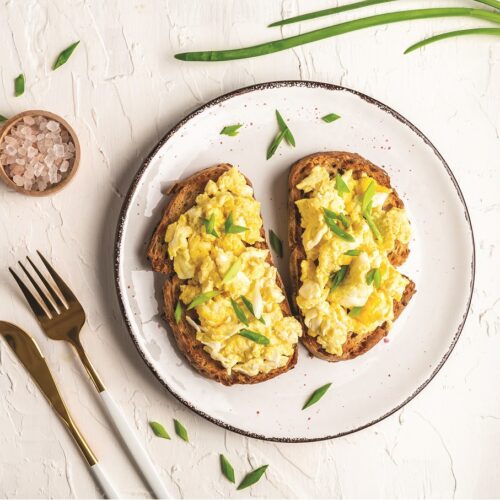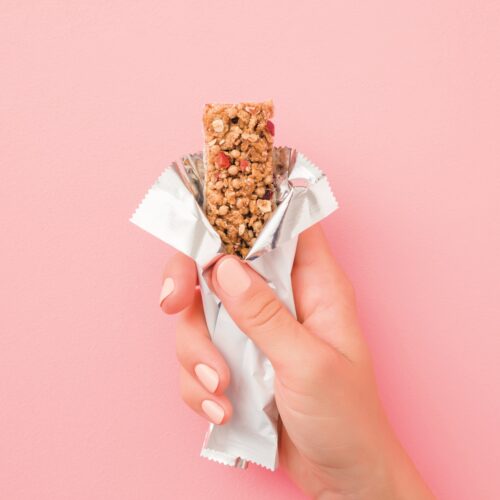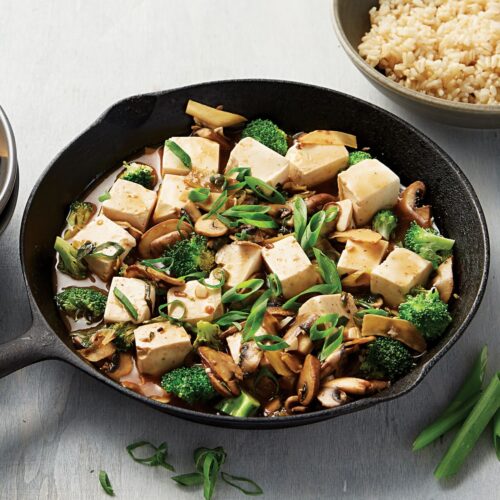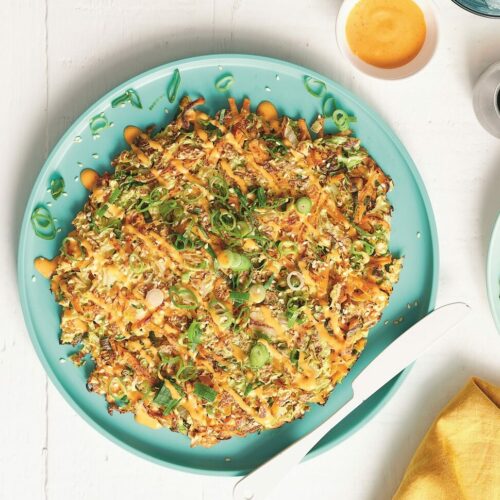
Cannabis is now legal in New Zealand. Well, not exactly – just hemp seeds from the Cannabis sativa plant. The food law team at Simpson Grierson explain the regulatory changes enabling hemp seeds to be sold as food.
From 12 November 2018, the growing, manufacture and sale of low-tetrahydrocannabinol (THC) hemp seeds and hemp seed products as food for human consumption became legal. For those uninitiated in cannabis terminology, THC is the psychoactive substance found in cannabis plants. Psychoactive substances are those that have mind-altering effects. Cannabidiol (CBD) is another primary substance found in cannabis. CBD is considered by advocates to have therapeutic values, such as anti-anxiety and anti-inflammatory properties, but little or no psychoactive properties.
Hemp seeds contain close to zero amounts of THC. Naturally occurring CBD is permitted to be in a food for sale, provided it is less than 75mg per kilogram.
Other parts of the Cannabis sativa plant, from which hemp seeds are derived, such as the leaves and flowers, do contain THC and CBD, which could leave traces on the seeds, therefore producers need to be careful to avoid contamination. This new permission for hemp seeds does not affect the restrictions relating to medical cannabis products.
Low-THC hemp seeds are not considered medicines, as the THC and CBD levels in them are too low to have a medicinal effect.
In addition to the seeds themselves, the extracted oils, (if containing not more than 10mg/kg of total THC), beverages made from the seeds (if containing not more than 0.2mg/kg of total THC) or any other seed-extracted or derived product (if containing not more than 5mg/kg of total THC) are also permitted for sale.
However, no other part of the hemp plant is able to be sold as food. This means food products made from other parts of the plant, such as leaves, stems or flowers, are prohibited.
You must have a licence in order to import, grow, process and sell hemp seed as food and you must ensure you comply with all legal requirements, including those under the Food Code, the Food Act and Regulations and the Misuse of Drugs (Industrial Hemp) Regulations.
The Food Code outlines requirements about composition. For example, hemp seeds can only be sold as food if the seeds are of ‘low THC’ – meaning the leaves and flowering heads of the plant do not contain more than 1 per cent THC. The seeds themselves must not contain more than 5mg/kg of total THC and the seeds must be non-viable (that is, unable to germinate) and hulled if offered for retail sale. In addition, any CBD in or on the seeds must be naturally present – so you cannot add additional CBD to the products.
The Food Code prohibits any health or nutrition claims about the CBD content of the products or any claims that suggest the products have a psychoactive effect. Also, the labels on hemp seed food products must not contain images or pictures of any part of the cannabis plant.
Why hemp seeds
Why would people want to eat hemp seeds, you may ask.
Hemp seeds are considered to have significant nutritional value, being especially rich in omega-3 and 6 fatty acids. They are also considered to be sources of protein, vitamins A and E, fibre and potassium.
Consumer tip
Visit the ministries for primary industries and health’s websites for more information about hemp seeds.
www.healthyfood.com










